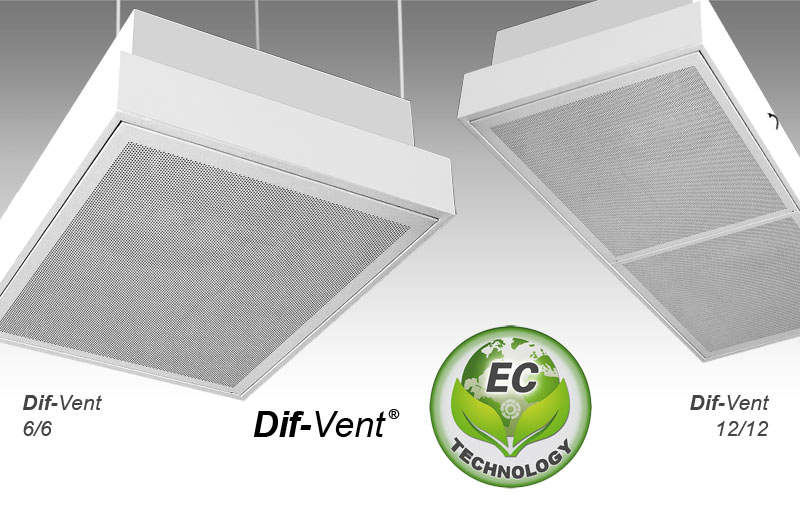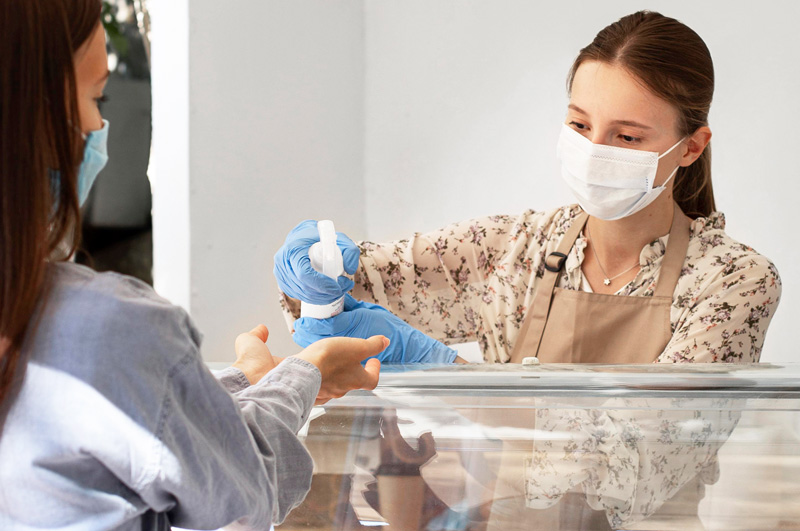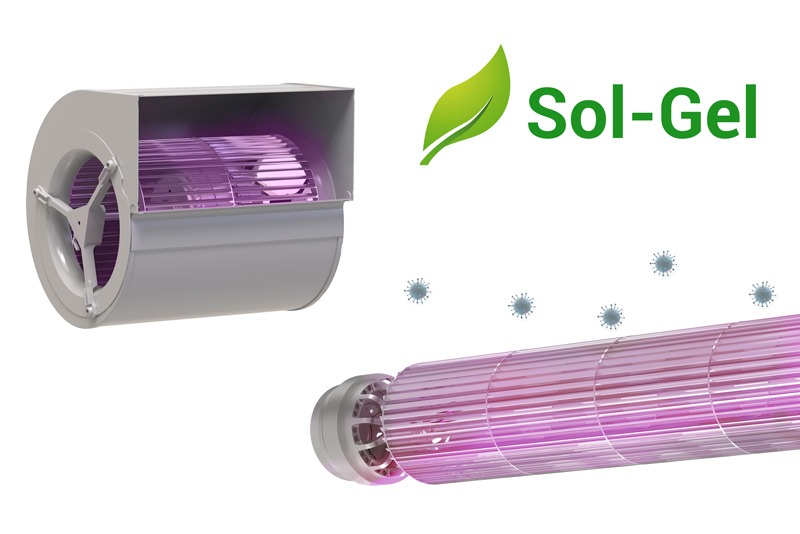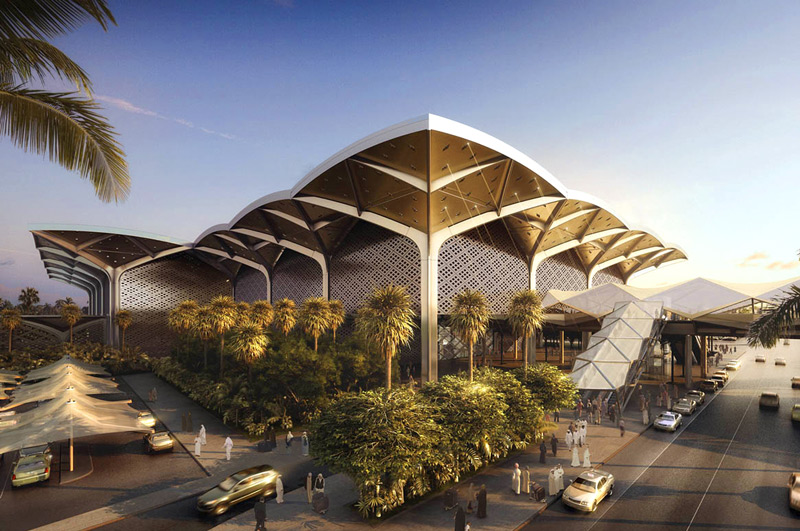Indoor air quality and health
Indoors, air quality is determined by various factors, both organic and inorganic: some building materials, the use of cleaning products, the combustion of energy-consuming gases, human life itself and polluted air coming in from outside are the causes of unhealthy indoor air.
The best way to combat this poor indoor air quality is to have mechanical ventilation and air-conditioning systems, which also ensure energy efficiency and reduce energy consumption.
What impact does environmental quality have on health?
Tiny, invisible particles of pollution enter our bodies through the lungs via breathing and pass into the bloodstream and from there, through all the organs of our body. Indoors, these pollutants are responsible for 3.4 million premature deaths a year from stroke, chronic respiratory diseases, lung cancer and heart attack, according to WHO data.

But humans spend 90% of our time indoors: school, work, home, means of transport... It is vitally important to breathe clean air and to reduce the pollutants that affect indoor quality, such as combustion gases, fluoride, dust, viruses and bacteria, among others.
How do we prevent poor indoor environmental quality?
According to Margarita del Val, a virologist at the CSIC, "the most important thing is ventilation" to ensure that indoor air is not foul with the presence of viruses or bacteria. Especially COVID, which the virologist recalls "continues to exist". For this reason, she suggested that the best way to combat the transmission of the virus is to control indoor quality, because "if there is CO₂ in the air, you are breathing other people's air".
In this sense, natural ventilation (opening the doors to allow the air to be renewed) can be insufficient and at times even unfeasible due to the external environmental conditions. The most effective solution is to have mechanical ventilation systems as part of an air-conditioning system.

Air conditioning systems are usually configured according to the needs of the place where they are installed, so that they can have stages of filtration, air conditioning, heating, etc., always respecting the IDA levels set by the CTE and RITE. Last May, the AFEC held a technical conference on indoor air quality and various speakers concluded that one of the essential components are the elements of regulation, control and monitoring, which guarantee the efficient functioning of the systems.
Air purification
However, mechanical ventilation systems can also be complemented with air purification systems independent of the air conditioning system. These systems can be filtration stages, in addition to those present in the air treatment units. It is also possible to have active technology purification systems, such as hydroxyl radicals and photocatalysis. Both technologies are based on natural decontamination principles that nullify the harmful effects of various pollutants, as Pere Monagas, PhD in biomedical engineering and inventor of Nuvohla and other air and surface purification systems, assures.

It is vital to remember that attaching importance to indoor air quality helps to maintain a healthier life, that people breathe cleaner air and, by extension, prevent the numerous diseases that cause the premature death of more than 4 million people, as well as the degradation of the ozone layer that causes the acceleration of climate change.







